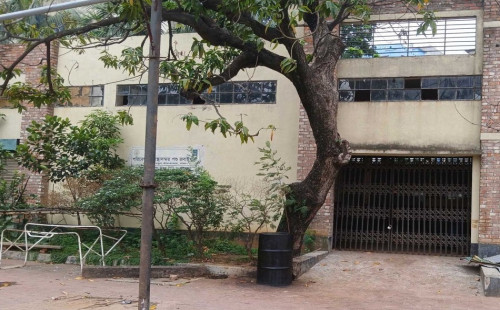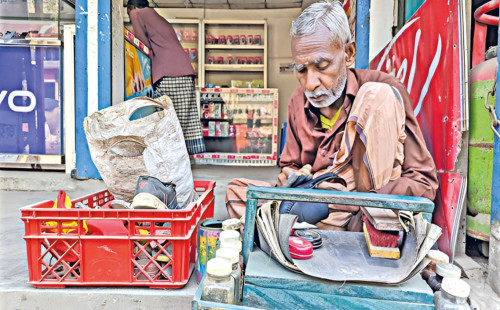Three more banks face asset quality review
Asset
quality review (AQR) of three more banks—IFIC, National, and AB—began yesterday
as part of the central bank's latest move to conduct forensic asset audits of
problematic financial institutions.
A team of
officials from Deloitte Malaysia, a global firm that will audit the three,
visited the headquarters of IFIC yesterday.
"We
welcome the audit," Md Mehmood Husain, independent director and chairman
of IFIC Bank, told this correspondent.
"A
team from the audit firm met with us and will start their work soon, and it
will likely take nearly three months to complete the audit," he added.
The
financial indicators of IFIC Bank are improving, he said, adding that the
liquidity position of IFIC is good now and the advance-to-deposit ratio is
coming down to the regulatory parameter, which was high earlier.
"Now
we are focusing on loan recovery," he added.
The Asian
Development Bank (ADB) is providing funds to conduct the asset review of the
three banks.
After the
completion of asset reviews of six banks, the banking sector reform task force
in July this year decided to include 11 more in the list.
The 11
are: Islami Bank Bangladesh, Al-Arafah Islami Bank, National Bank, Bangladesh
Commerce Bank, United Commercial Bank, IFIC Bank, AB Bank, Premier Bank, NRB
Commercial Bank, NRB Bank, and Meghna Bank.
The World
Bank is also extending financial support along with the ADB for the reviews.
The newly
formed Bank Restructuring & Resolution Unit is now working on this issue.
To ensure
a proper audit, Bangladesh Bank has assigned a dedicated official as a focal
point for each bank, BB officials said, adding that each audit firm will also
have a designated official responsible for the task.
Central
bank officials said the issues to be included in the AQR process have been
specified.
These
include financial policies, asset risk and valuation, internal control
policies, loan classification, and rescheduled loans, they added.
In
addition, policies related to single borrowers and large loan limits, major
defaulting borrowers, and the assessment of accounting policies and internal
control systems of banks to reduce other credit risks will be reviewed.
Liquidity
and investment policies will also be evaluated in line with existing
regulations.
The first
set of six banks was audited by global audit firms Ernst & Young and KPMG.
Ernst
& Young reviewed the asset quality of EXIM Bank, Social Islami Bank, and
ICB Islamic Bank, while KPMG carried out the assessments for First Security
Islami Bank, Global Islami Bank, and Union Bank.
These
banks are among those frequently named for various irregularities and fraud
during the previous government's tenure.
Asset
quality review reports of those six banks showed that they are in a dire
financial state, with non-performing loans skyrocketing to four times higher
than previously reported.
















